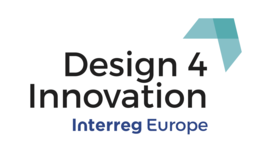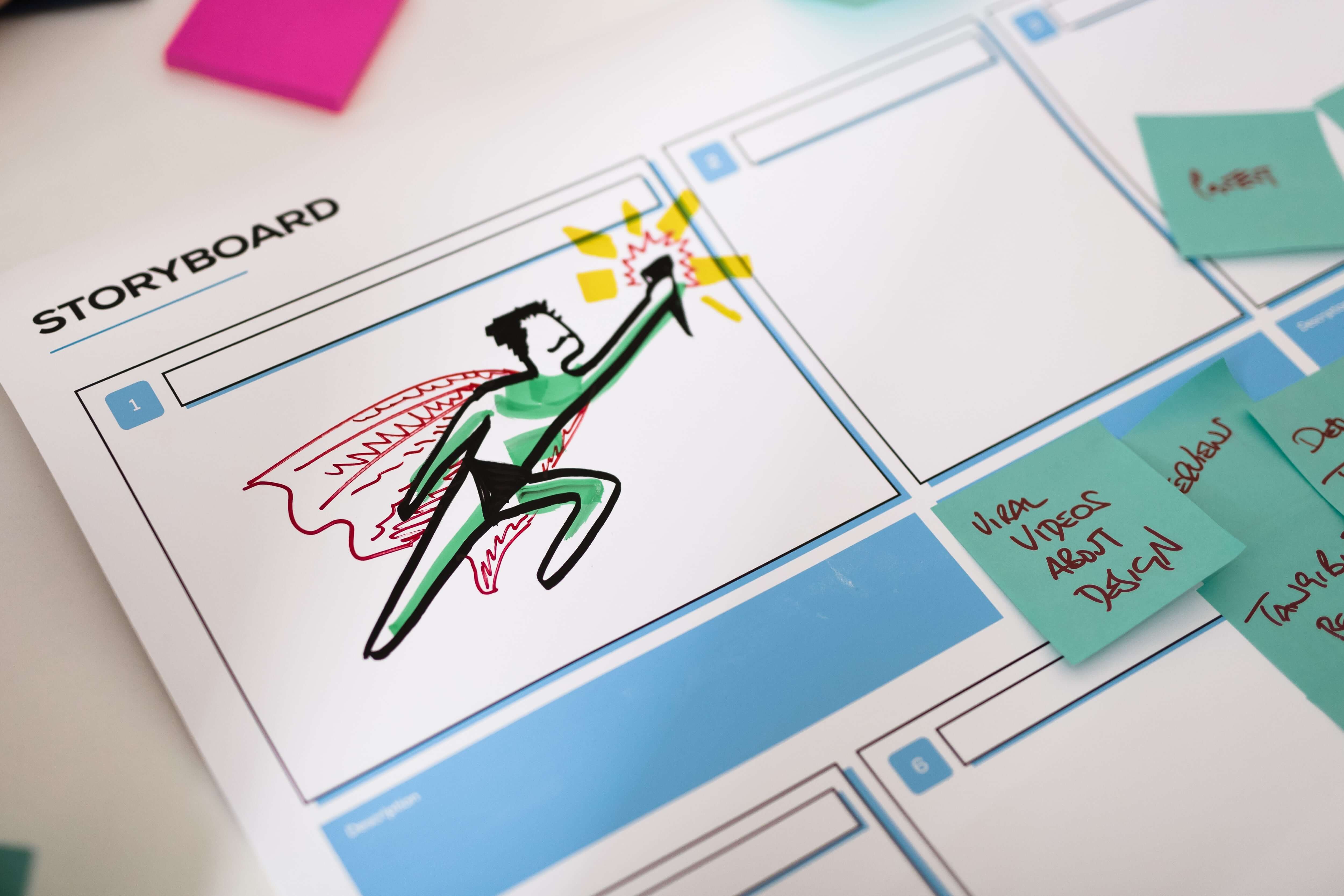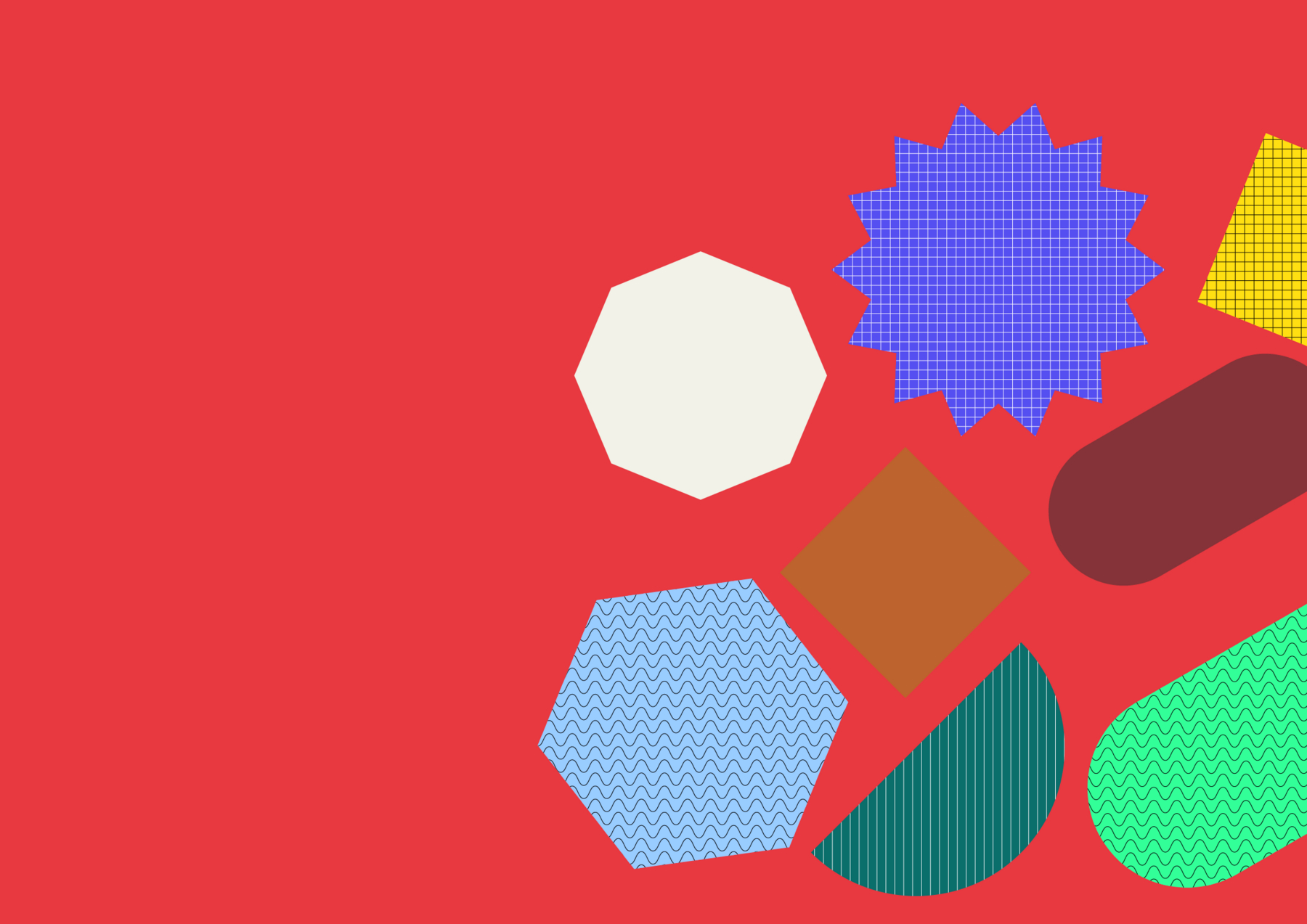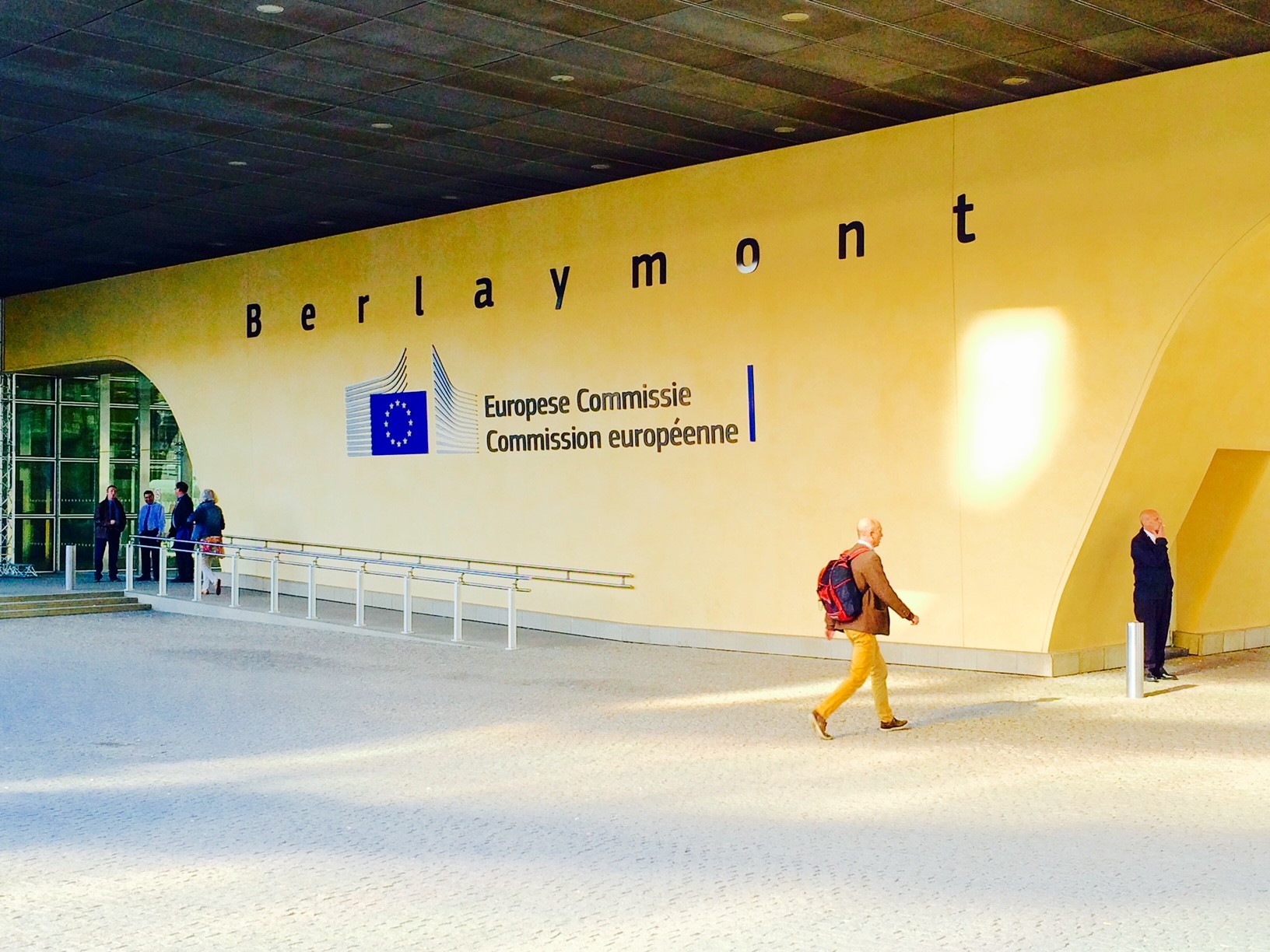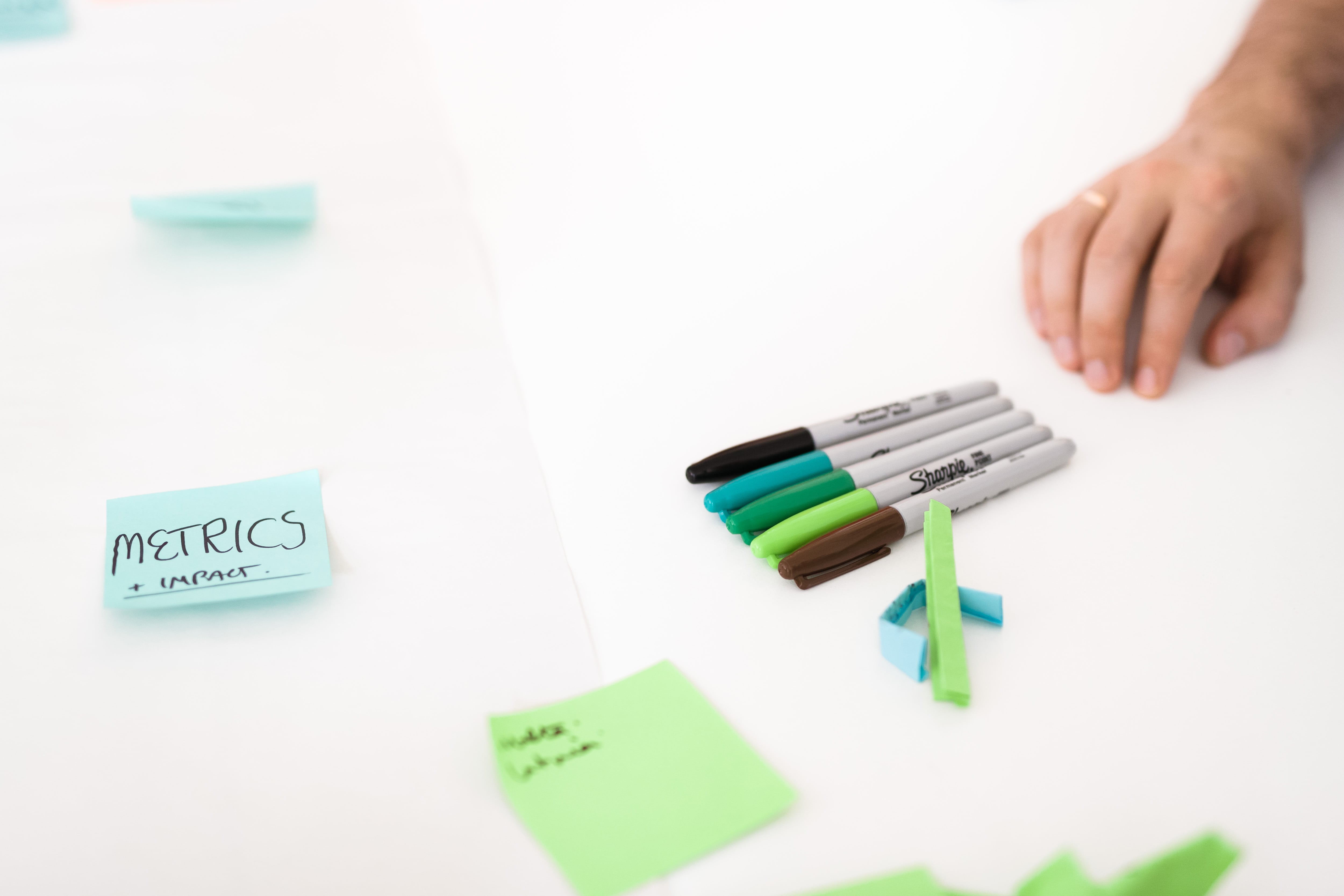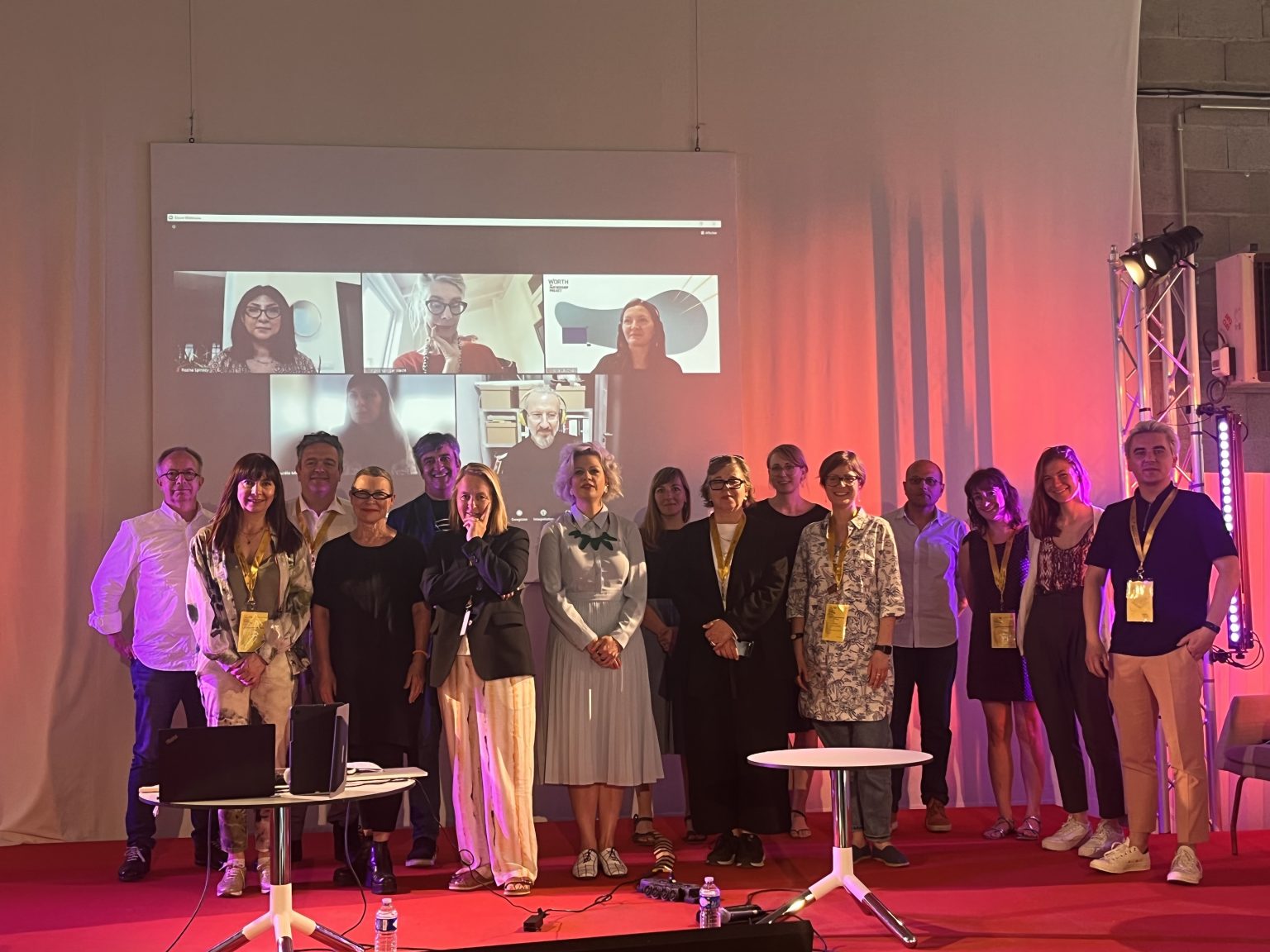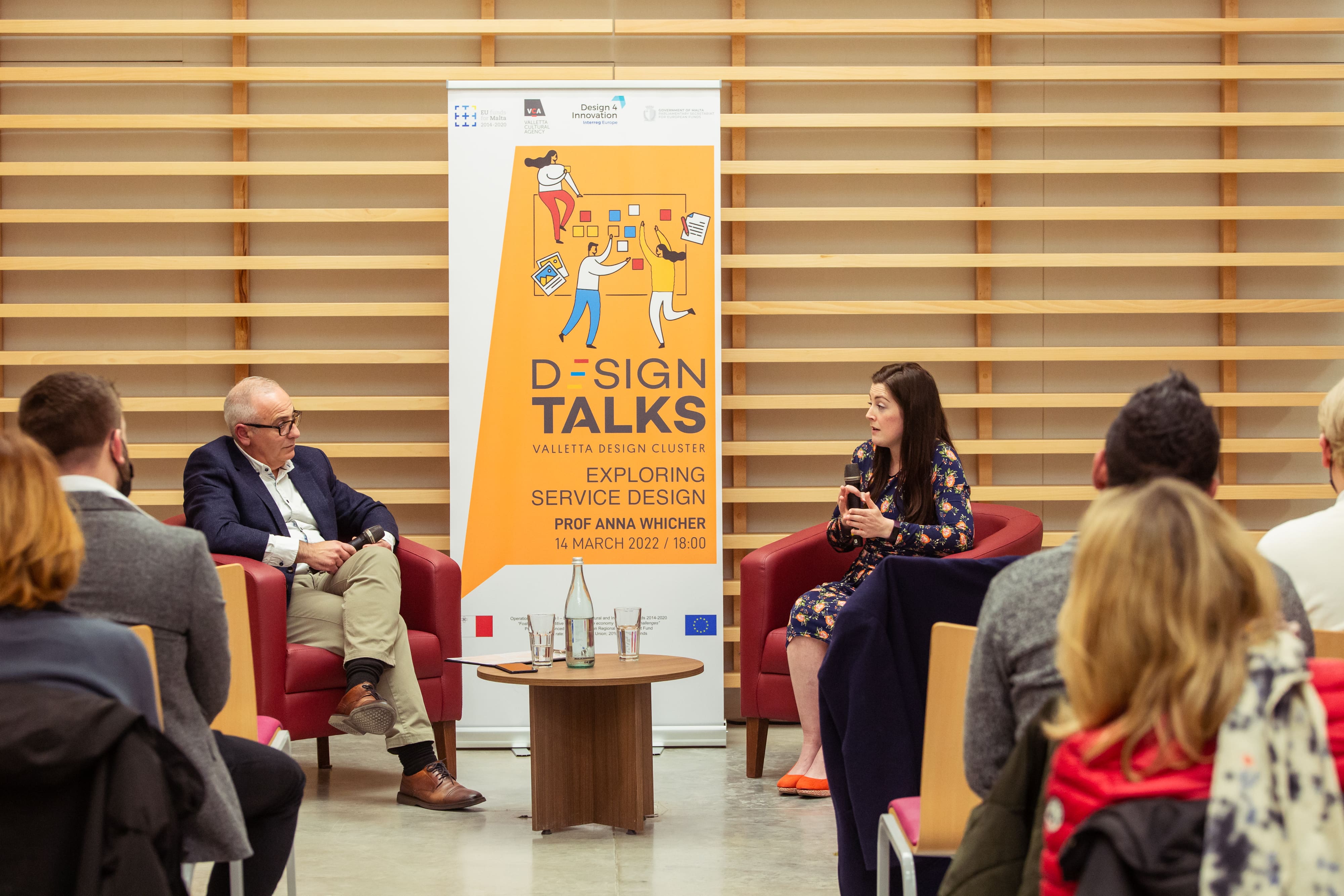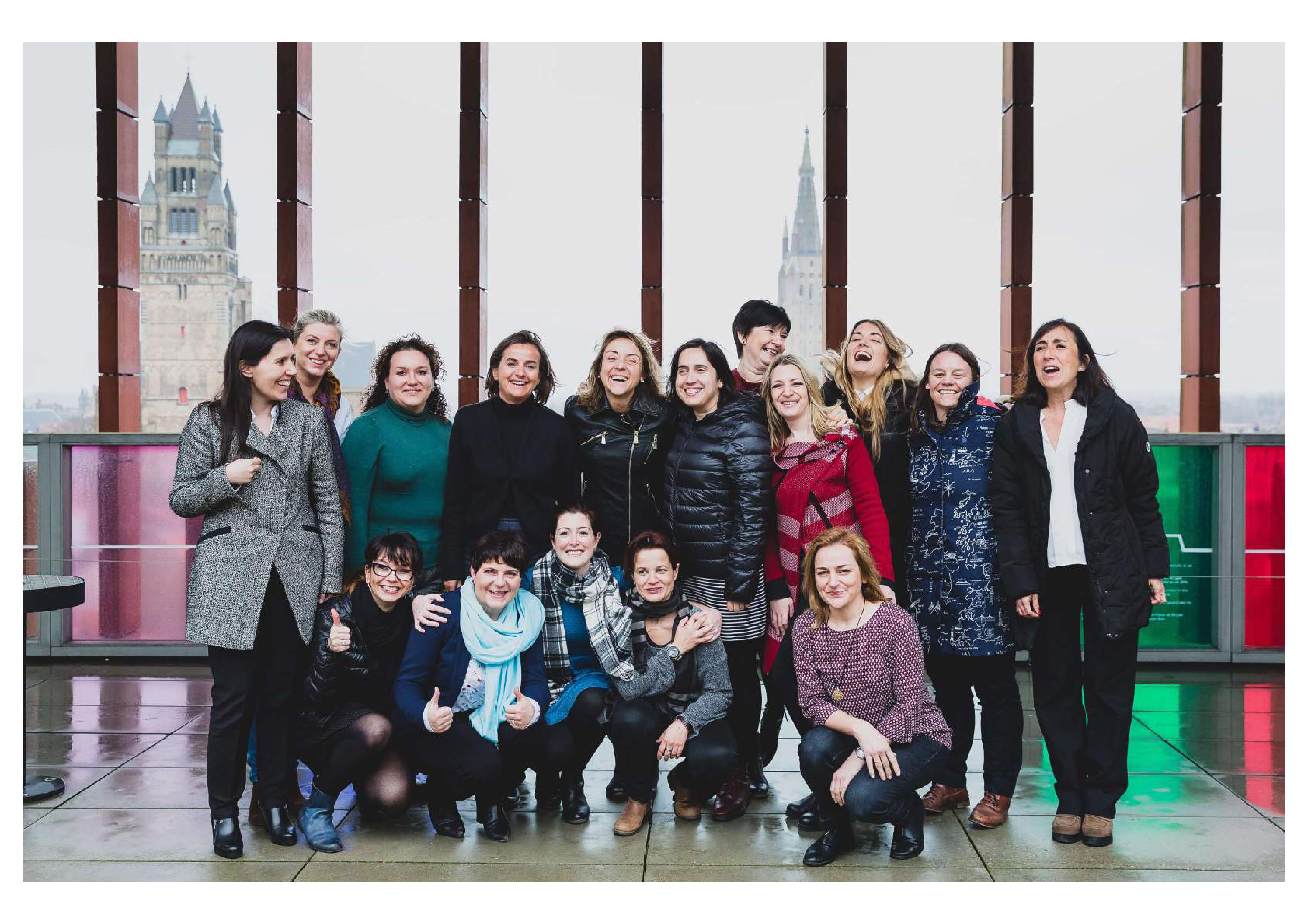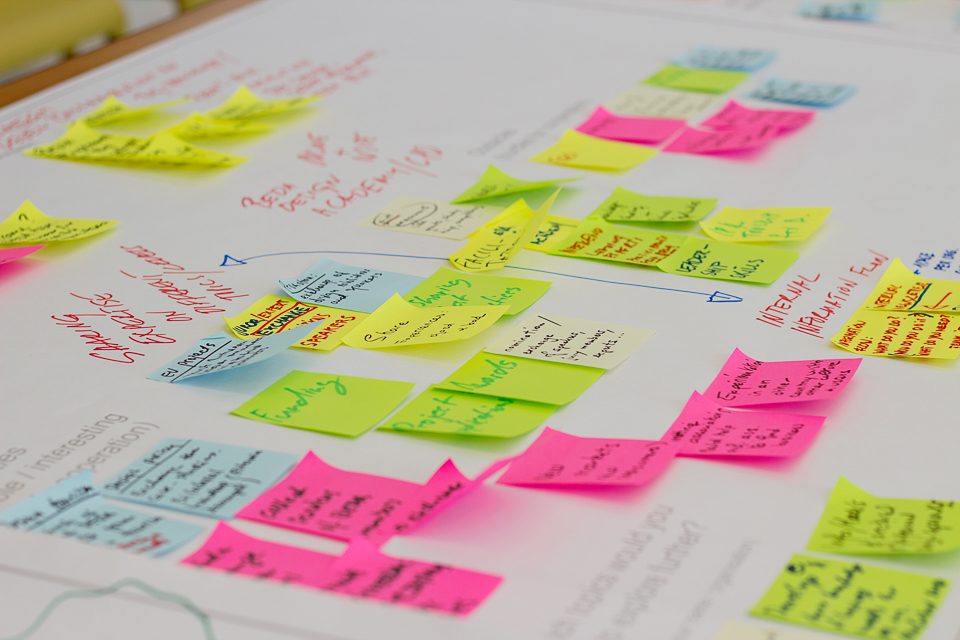With our partners in Malta - Valletta Design Cluster – coming to visit us here in Wales, this was a prime opportunity for some European knowledge exchange with a broad range of co-working spaces in the East Wales region. An action packed few days saw us visit SME communities, artist spaces, sustainable creative societies and tech environments; all of which had different aspects of practice that could be drawn upon to give seriously good food for thought for the Cluster’s aim to foster creativity together with local community.
Welsh ICE Campus Director, Jamie McGowan, started us off with looking at ways to encourage SMEs to co-work as a community as well as develop the site to retain and accommodate businesses as they grow. Welsh ICE are passionate to develop a community ethos, with themed nights and communal spaces that encourage to work and play together to avoid feeling isolated in your business. They cultivate links within the complex for people to find clients or source providers for their development.
Tramshed Tech, with its coffee shop vibe then see these private workspaces emanating off the main co-working hub. We met with Director Mark John, Jorge Powell and Ian Coupland who showed us around the refurbished former tram workshop and gave us more background and context for Tramshed Tech and education partner Big Learning Company. Mark sees Tramshed Tech as a horizontal enabler spanning the verticals of HE institutions as well as being a hub for SMEs to thrive.
Sustainable Studios co-founders, Julia Haris and Sarah Valentin, told us how a space for 8 creatives became a greater creative community with graduates, charities, sole traders and SMEs. They showed us how they took over a small workshop space and became a whole warehouse that runs events, classes, workshops and houses creatives from all manner of disciplines. These sisters are truly passionate about their work and extremely inspirational.
“It’s not just us, it’s become bigger than us.”
Sarah – Sustainable Studio
“It’s about sustainable interactions and the community you are growing.” Julia – Sustainable Studio
Printhaus – thanks to Printahus resident, ceramicist Alexis Nugent, we gained an insight into co-working spaces funded solely by the makers who reside there. Alexis provided logistical information on her working process and how that can create environmental factors to consider – such as heat produced during firing – as well as the further collaborative aspects such as group firings to make the most of the kiln time.
FabLab at CSAD gave insight to prototyping and modern manufacturing technologies that can be utilised by SMEs for a wide range of needs. While across the corridor in CSAD metal and wood workshops - Dallas Collins and Nigel Williams gave our group hands on experience of sand casting in the foundry as well as elaborating on the working relationship between FabLab’s digital technologies with the more traditional manufacturing methods used in the workshops.
